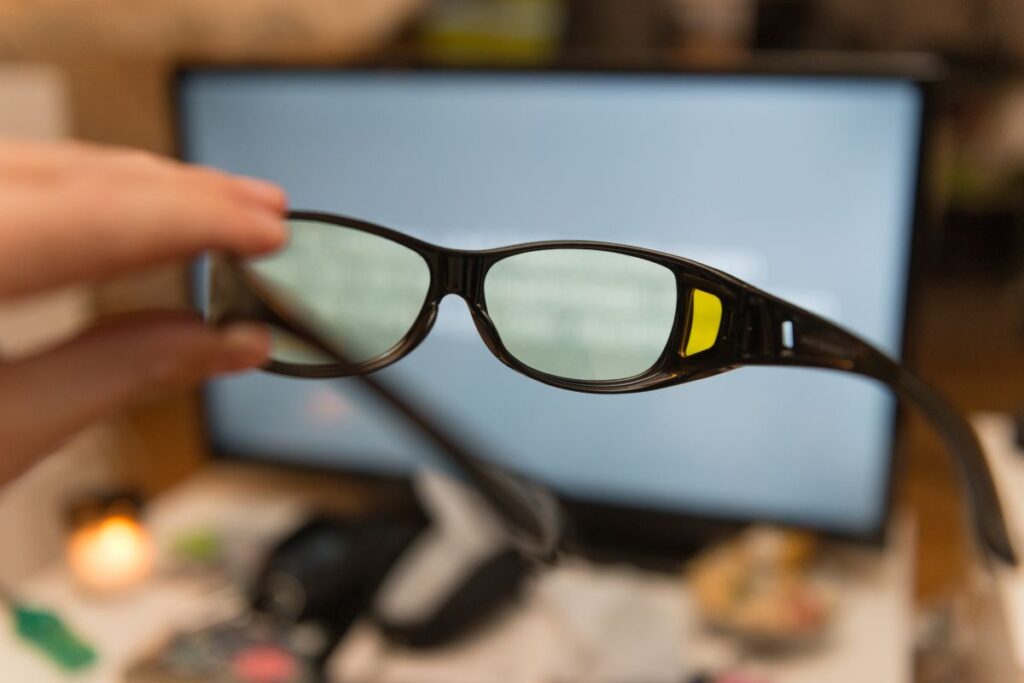You likely already know the importance of protecting your eyes from the sun’s harmful UV rays. But have you ever considered how blue light might be affecting your vision? With screens becoming an unavoidable part of daily life, understanding blue light and its effects is more important than ever. Here’s what you should know.
What is Blue Light?
Blue light is a visible colour in the light spectrum, seen by the human eye as part of natural and artificial light sources. It has the shortest wavelength and highest energy among visible light colours, sitting next to ultraviolet (UV) light on the spectrum.
Natural vs. Artificial Blue Light
The sun is the primary natural source of blue light, playing a vital role in regulating your circadian rhythm, boosting alertness, and improving cognitive function. However, artificial sources of blue light—such as LED lighting, television screens, and digital devices—are increasingly raising concerns about their impact on eye health.
Potential Effects of Blue Light Overexposure
Disrupted Sleep Patterns Your body relies on natural blue light exposure during the day to regulate its sleep-wake cycle. However, excessive exposure to artificial blue light, especially in the evening, can interfere with melatonin production, making it harder to fall asleep. Using digital devices before bed may contribute to sleep disturbances and daytime fatigue.
Digital Eye Strain Staring at screens for extended periods can lead to digital eye strain, also known as computer vision syndrome. Blue light flickers more than other visible light, causing glare and reducing contrast, which may contribute to:
- Blurred vision
- Dry, irritated eyes
- Headaches
- Difficulty focusing
How to Protect Your Eyes from Blue Light
While it’s nearly impossible to eliminate blue light exposure entirely, there are ways to minimize its impact:
- Wear Blue Light-Blocking Lenses: Specialty lenses filter out high-energy blue light, reducing eye strain and minimizing glare from digital screens.
- Use Night Mode on Devices: Many smartphones, tablets, and computers now have built-in night mode settings that reduce blue light emission.
- Take Frequent Breaks: The 20-20-20 rule can help alleviate digital eye strain—every 20 minutes, look at something 20 feet away for at least 20 seconds.
- Use Artificial Tears: Eye drops can help combat dryness caused by prolonged screen exposure.
- Wear Sunglasses Outdoors: UV-protective sunglasses can shield your eyes from both UV and high-energy visible (HEV) blue light from the sun.
Is Blue Light Blocking Right for You?
While the long-term effects of blue light exposure are still being studied, many people find relief from symptoms of digital eye strain with blue light-blocking glasses. An optometrist can help determine if these lenses are beneficial for your lifestyle.
Eye Care Solutions in Edmonton
At Optometrists’ Clinic Inc., we offer a wide range of eye care services, including comprehensive eye exams, digital eye strain management, and specialty lenses designed to minimize blue light exposure. Contact us today to schedule an appointment at one of our five convenient locations in Edmonton, Leduc, and Westlock.




